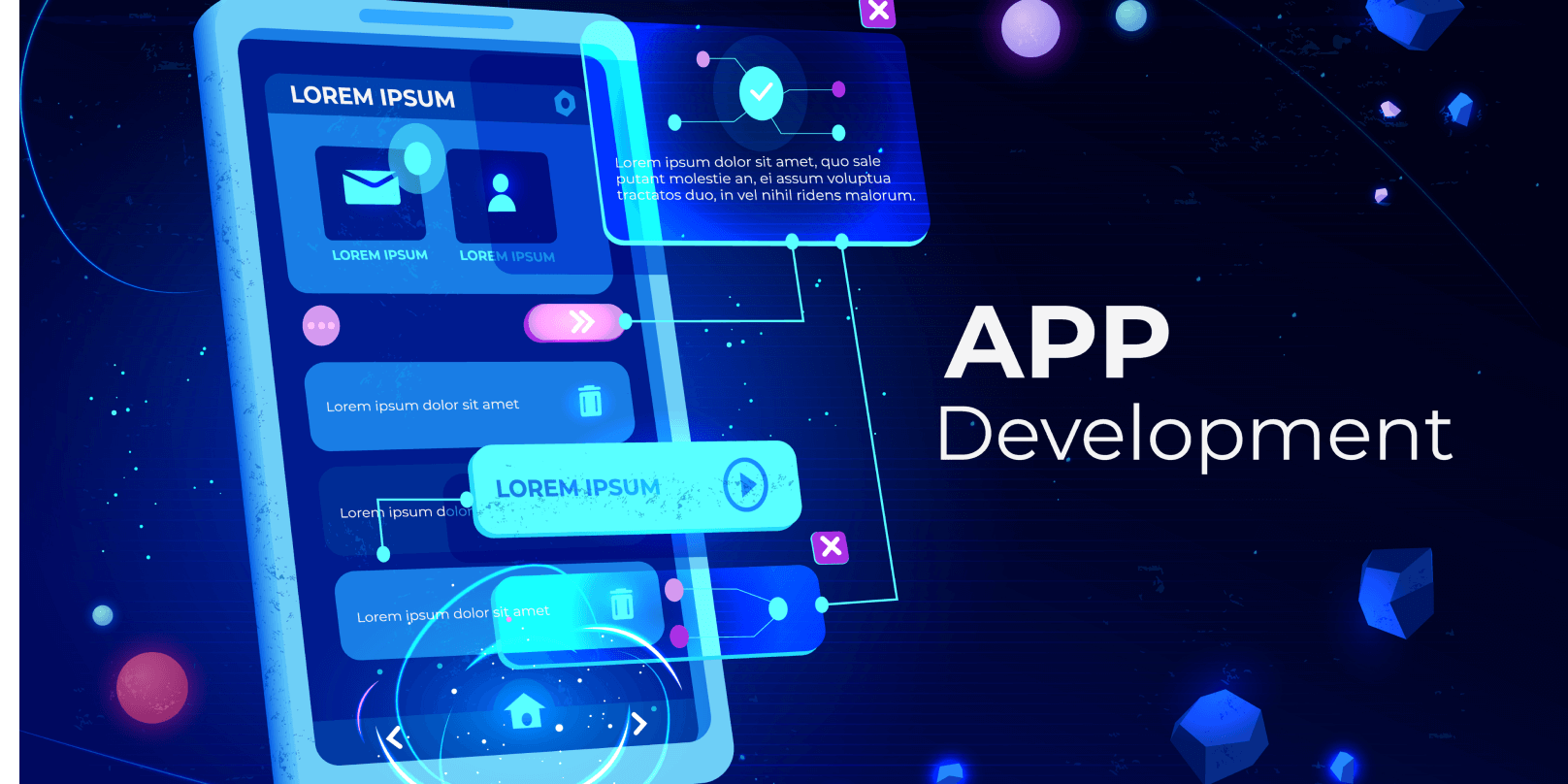One of the most important tasks in the mobile app development process is choosing the right platform. Which is better: native or cross-platform solutions? Should you deal with Blackberry and Windows Phone, or should you still prefer Android and iOS?
In this article, we will analyze the advantages and disadvantages of the most popular approaches the customers consider when contacting a mobile app development company.
What should you focus on when choosing a platform for mobile app development?
The success of your future mobile application depends on the chosen platform. Therefore, this process should be approached with responsibility.
-
The target audience.
Do the research and profile your customer. Pay attention to the geographical factor. It is worth remembering that most Europeans prefer Android devices to iOS devices. Americans use both types in much the same way, but in Asian countries, the situation differs depending on the country.

-
User behavior.
If you’re planning to implement monetization, it’s important to know that Apple users are more prone to in-app purchases than Android users.
-
Functions.
Consider the features you need and compare them to the capabilities of the platform. If you want to achieve maximum convenience and user experience, then you should consider native solutions. Such applications always work better.
If you are more inclined to develop for all devices at once, remember that not all functions that are easily implemented in native applications are supported by cross-platform solutions.
-
Development price.
At first glance, cross-platform solutions seem economical, since there is no need to hire developers for different platforms. If you look at everything in detail, you can see that everything is not as rosy as it seemed.
A hybrid app is a web page optimized for use on different devices and wrapped in a native shell. That is why it only has access to some native functions. When developing something like image processing or live video streaming, cross-platform solutions fail. In this case, you pay less, but you get less.
-
Supported devices.
Android supports 160 devices. iOS 9 – 15, Windows Phone 8.1 – 100, Blackberry – 10. Of course, it looks difficult to adapt the application for so many devices on each platform. But, choosing the cross-platform path, you will have to do it for all devices at once.
-
Moderation.
iOS apps are always strictly moderated. Apple usually reviews projects within 10 days.
The Google Play moderation system is much weaker. In addition, the user can easily download the .apk file of any application and install it on their device.
-
User expectations.
Apple users always expect the highest quality and innovation from the company. They want to be the first to experience new things and are willing to pay for it. Android users don’t like spending money on their apps. They like material design and free promotions.
The connection between the type of a mobile app building and its success
There is a big difference between types of mobile app development. We are going to consider each one to define the best for your business.
-
Native mobile app development for iOS.
iOS is a closed platform. Apple has complete control over its programming language – the apps it publishes, and the devices it releases. You will need to obey the rules of the company and be ready for constant changes.
From time to time, you will need to update the app to the latest version of iOS. Apple has made the process easy for users. All you need to do is go to settings and start the update. For you, as the product owner, this means that you need to keep in touch with the developers and add changes in accordance with the latest requirements.
Another good news is that there are only about 20 devices that your app needs to be compatible with. On Android, this number is 100, which makes design optimization more difficult. Fewer supported devices mean lower testing costs.
If your goal is to generate revenue from the app, and not just to get people to know your brand, then opt for iOS development. Apple users are said to spend 60% more on app purchases than Android users.

-
Native Android platform for app development.
According to the latest data from Statista.com, Android is the most popular platform for mobile app development. It gives access to a large number of target users.
This operating system is very flexible and applications can run on many devices: smartphones, tablets, watches, TV boxes, and even cars. There is also a wide variety of applications themselves. Google Play offers products for all tastes, so be sure that you will get many early adopters after publishing your brainchild there.
The Java programming language is popular outside of the Android world. Since the platform itself is not very difficult to learn, it is quite easy to find a professional developer to bring your idea to life. Development is possible on different operating systems, including Windows, Mac OS, or Linux. None of them can be installed and used by the Android SDK. Google is constantly creating and improving the corresponding development tools, which makes it possible for programmers to create applications of various levels of complexity.
-
Cross-platform applications.
The cross-platform application is a combination of HTML5 and native plugins. This approach may seem like a very cost-effective solution. Сross-platform development can be a great solution for your project: no headaches about the variety of supported devices, many ready-made solutions, and user interface frameworks to implement even complex functions. It is much easier to maintain a cross-platform application than a native one. But where is the catch?
There are some flaws:
- structure dependency;
- compatibility;
- bugs in frameworks;
- poor performance;
- non-native sensations and appearance;
A few tips on when to consider native platforms:
- if you need to develop a special application;
- the project is complex;
- you would like to spend less on testing on different devices;
- you strive to follow trends;
- you want to provide users with the best experience and experience;
- you want the app to have a native feel and look.
Consider cross-platform applications if:
- cost is critical to you;
- you need to develop a promotional project;
- your project is simple and straightforward;
- the user interface doesn’t have to be complicated;
- there is a need for multi-platform development.
Final thoughts
If you have an idea of what a mobile application should be like, about its users, goals, and objectives, then choosing a platform will not be a difficult task. Intellectsoft has been developing mobile applications for over 14 years. After trying and testing different options for technologies and tools, the company concluded that native platforms and cross-platform solutions both effectively meet the needs of the customers. So, feel free to contact the company to define the best model for your project.